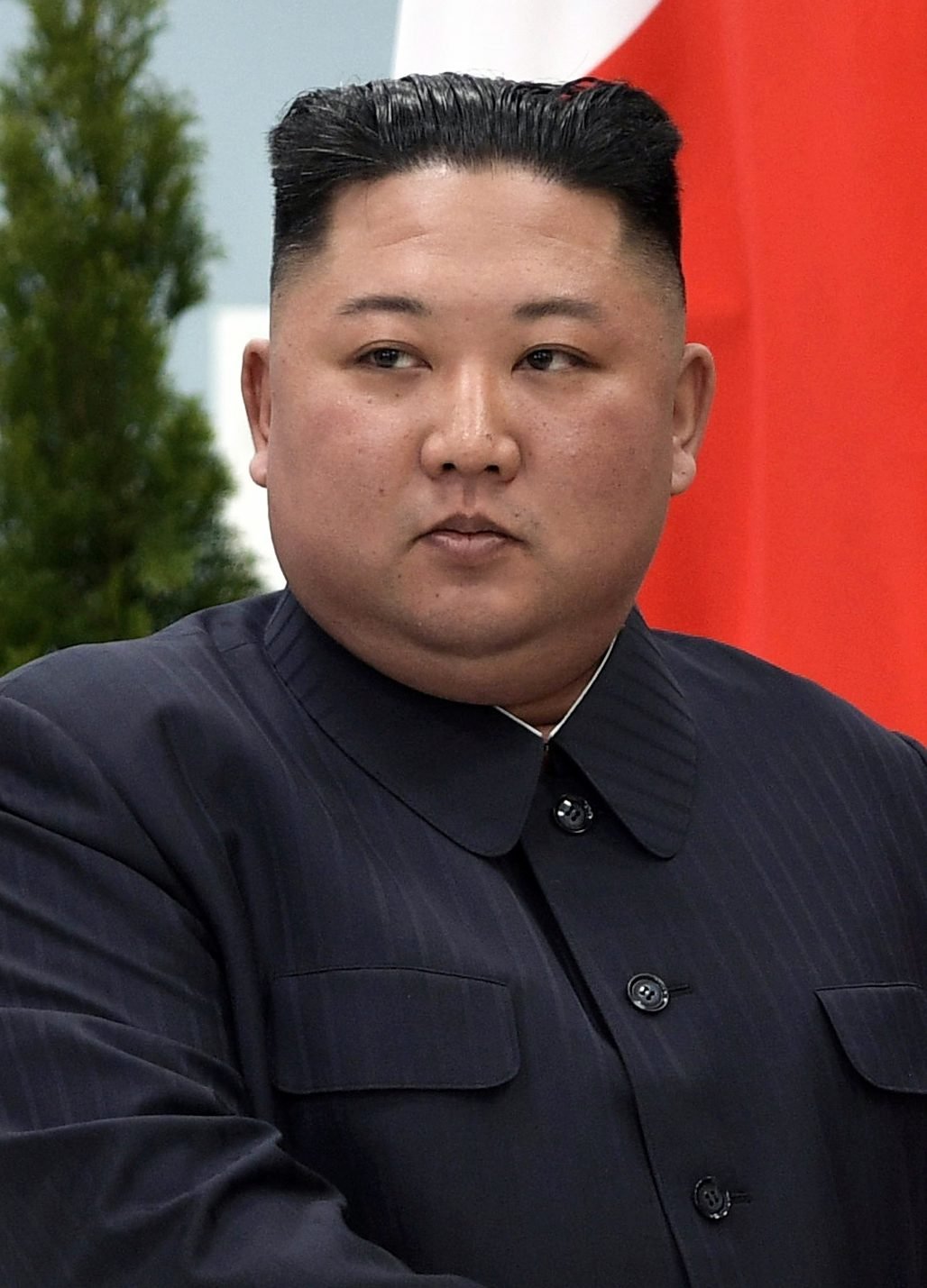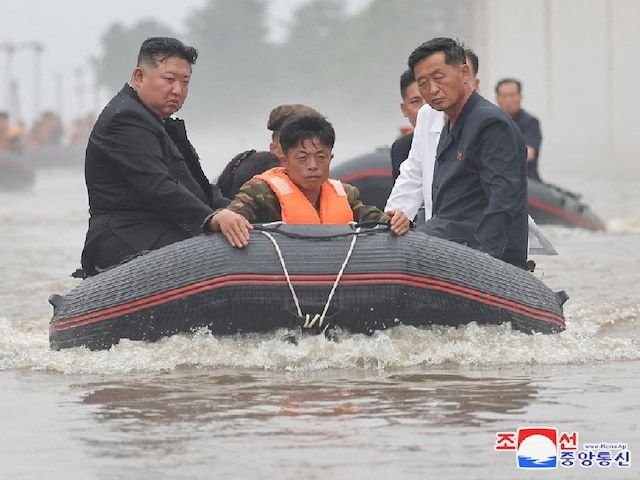North Korea: Kim Jong Un Orders The Execution Of 30 State Officials Following Incompetence In Office

North Korea‘s leader Kim Jong Un has reportedly ordered the execution of up to 30 senior government officials over their failure to prevent and manage recent flooding that devastated the nation. These floods, which occurred in July 2024, led to the tragic deaths of nearly 4,000 people, particularly in Chagang Province near the border with China.
Disastrous Floods: Catalyst For Execution
The floods in North Korea this summer were catastrophic, as torrential rains overwhelmed the country’s already fragile infrastructure. Due to the combination of poor drainage, widespread deforestation, and dilapidated infrastructure, vast areas were submerged, resulting in thousands of homes being destroyed and farmland washed away. Thousands of residents were displaced, forced to live in temporary shelters, as officials scrambled to manage the crisis. North Korea’s state media, the Korean Central News Agency (KCNA), confirmed that heavy rainfall severely affected the northwestern region of the country, leading to widespread destruction.
In light of this disaster, Kim Jong Un reportedly took swift action against the provincial governors and other officials who had failed to implement flood control measures or adequately respond to the crisis. According to reports from Chosun TV in South Korea, between 20 and 30 officials were sentenced to death last month, as the regime laid the blame for the disaster squarely on their shoulders.

The Executions: Response to Accountability
The executions, which were ordered by Kim Jong Un himself, included high-ranking officials such as provincial governors and cadres responsible for managing the affected regions. The swift nature of the punishment sent a strong message to the rest of the North Korean government. Reports suggest that many officials were also accused of corruption and dereliction of duty, further fueling the regime’s decision to carry out these extreme sentences.
A government source quoted by South Korean media revealed, “Circumstances involving the dismissed Chagang Province Party Secretary Kang Bong-hoon have been captured and are being confirmed.” This further exemplifies the fact that no one in the regime, regardless of rank, is immune to Kim’s stringent demands for loyalty and efficiency.
Flood Management Failures and Systemic Challenges
North Korea is notoriously vulnerable to natural disasters, and this summer’s floods have brought these vulnerabilities into sharp focus. Decades of deforestation, exacerbated by agricultural policies, have left the country susceptible to flooding during the rainy season. Infrastructure across the nation is also poorly maintained, with many areas lacking sufficient flood defenses, drainage systems, and disaster preparedness protocols. Despite these ongoing challenges, Kim Jong Un’s government has responded with an iron fist, punishing those held responsible rather than addressing the broader systemic issues that contribute to such disasters.
The Future of North Korean Governance: Efficiency or Fear?
Kim Jong Un’s execution of officials for mishandling natural disasters emphasizes his regime’s reliance on fear to enforce accountability. This harsh approach raises ethical concerns and questions about its effectiveness in fostering better governance, especially as North Korea continues to face significant challenges from economic instability and international isolation.
Read More: Level 200 Student Kidnaps and Kills Female Friend After Failing to Get Ransom from Family















